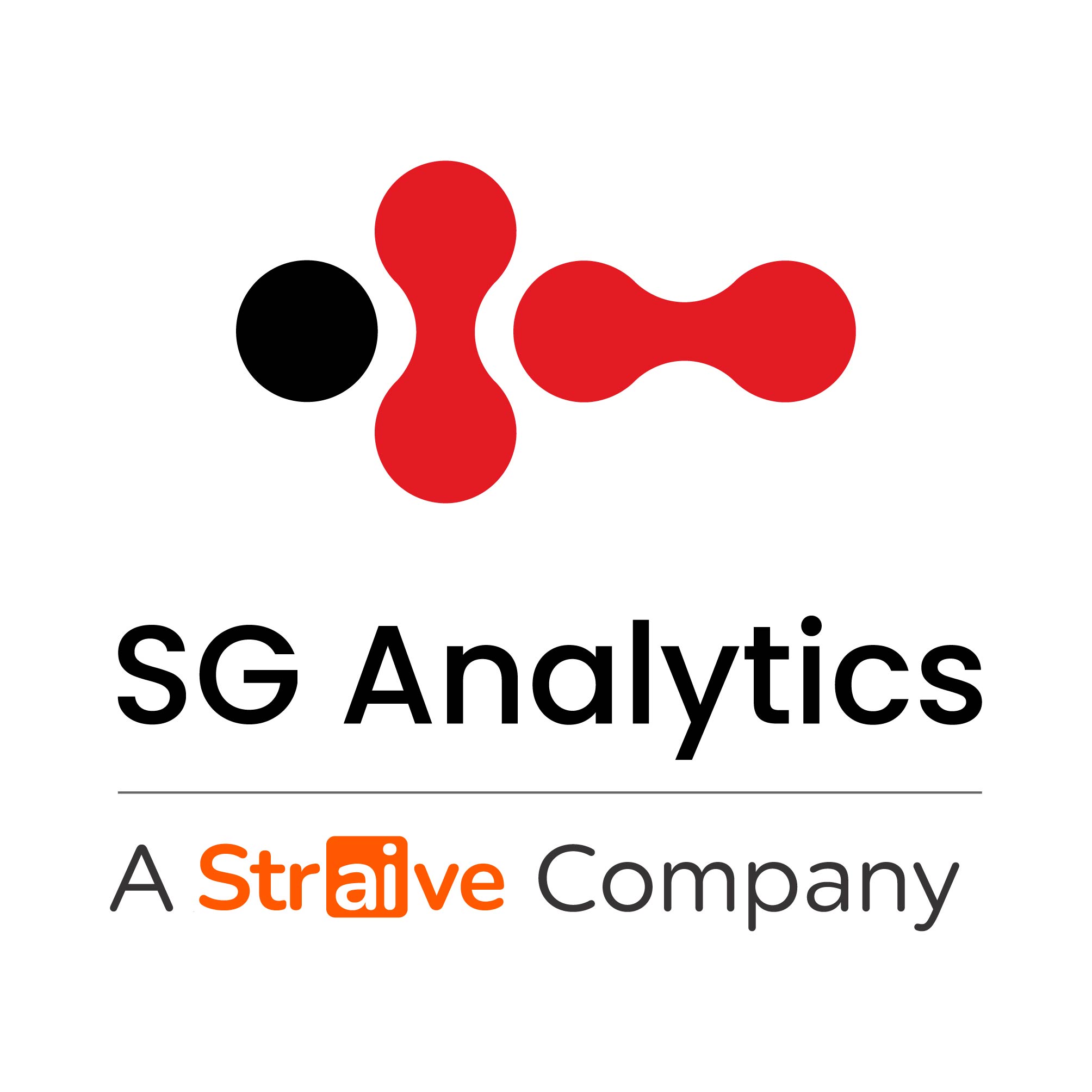In today’s rapidly changing business environment, with new innovations emerging, businesses are exploring new avenues that are immediately useful. And tokenization can be placed in the same bracket. Today, it can no longer be considered a buzzword but a global phenomenon that holds the potential to impact the economy significantly.
The global tokenization market has been witnessing astounding growth. And these factors considerably impact the global economy. A recent report highlighted that the tokenization market is expected to widen from $2.3 billion in 2021 to $5.6 billion by the year 2025. While automation will help eliminate certain intermediaries, the newly emerging landscape of service providers will help manage this evolution.
Read more: 2023 Predictions: What does the year have in Store for Blockchain?

Understanding Tokenization
Tokenization is the approach of transforming tangible assets like real estate and art into a digital equivalent, also referred to as a token, by employing blockchain technology. The token represents ownership of the asset and can be traded on a blockchain platform or ledger. Tokens are used to replace sensitive data, including credit card information, with a digital counterpart. The goal was to protect valuable information from theft and cyberattacks.
Digitization has enabled businesses to enhance their efficiency and explore opportunities in new markets. However, this revolution did not happen overnight. Today, tokenization harbors immense potential and is continually advancing with blockchain technology. It also implies the conversion of tangible assets into a digital equivalent with the use of blockchain.
The conversion of assets and rights into a digital token on a blockchain, also referred to as tokenization, is set to upend, by the year 2030, the transaction methods of several well-established asset classes. It will assist businesses in enhancing the accessibility of established asset classes, thus fostering the creation of new ones for a broader range of investors. It will also help spur growth in corners and displace existing intermediaries. Investments in technology and skills, coupled with the changes in law and regulations, have initiated a shift requiring businesses to overcome the necessary hurdles in the transition.
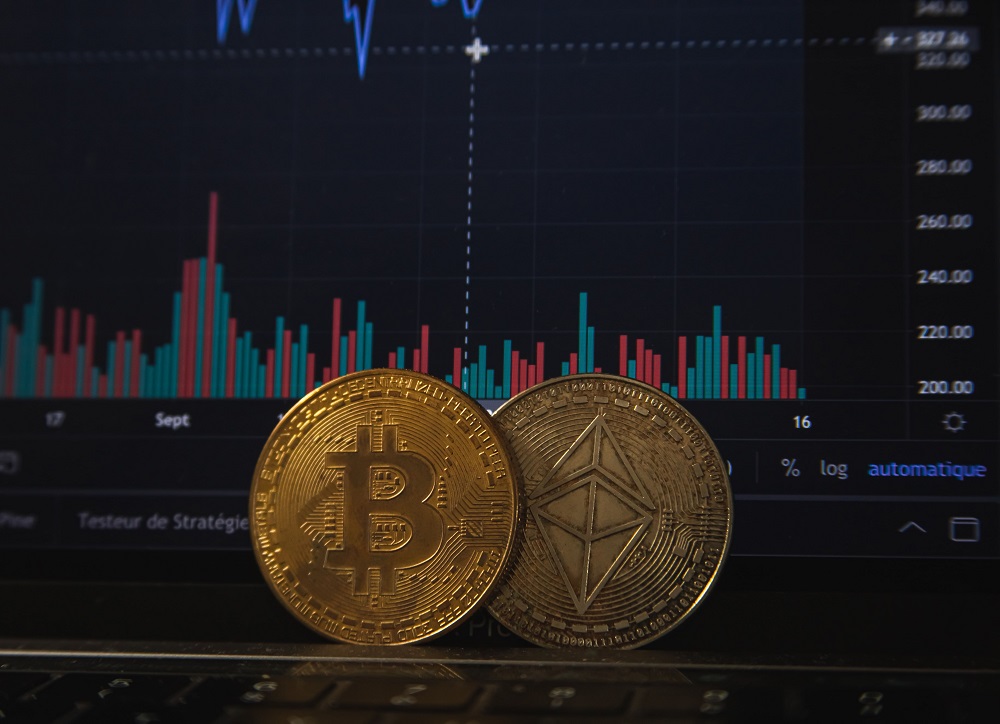
Tokenization And Blockchain
A decentralized data system blockchain is accessible to all and no one simultaneously. It is an online record of transactions or blocks that can be perpetually replicated in a secure ledger system across multiple computing stations to eliminate the slightest data theft risk. The blocks in the blockchain symbolize permanent file pages, which makes i7t impossible to make any manipulations without the authorization of the other participants.
Read more: Technology Outlook 2023: How is Blockchain Changing the World?
On the contrary, a powerful tool, tokenization, is used to safeguard payment card information. The tool becomes more potent when coupled with blockchain. With tokenization, the payment sector is becoming faster, safer, and more efficient. Tokens can represent any value of trading assets, including currency, stock, or commodity. With blockchain, tokens can be transferred between parties without banks as intermediaries, thereby reducing transaction fees.
The rise of decentralized technology presents businesses with a transparent record of token transactions. These tokens can only be accessed with a set of permissions. Blockchain technology today helps in seamless and secure transactions of all the records on an immutable and transparent ledger, thus eliminating the risk of errors or fraud.
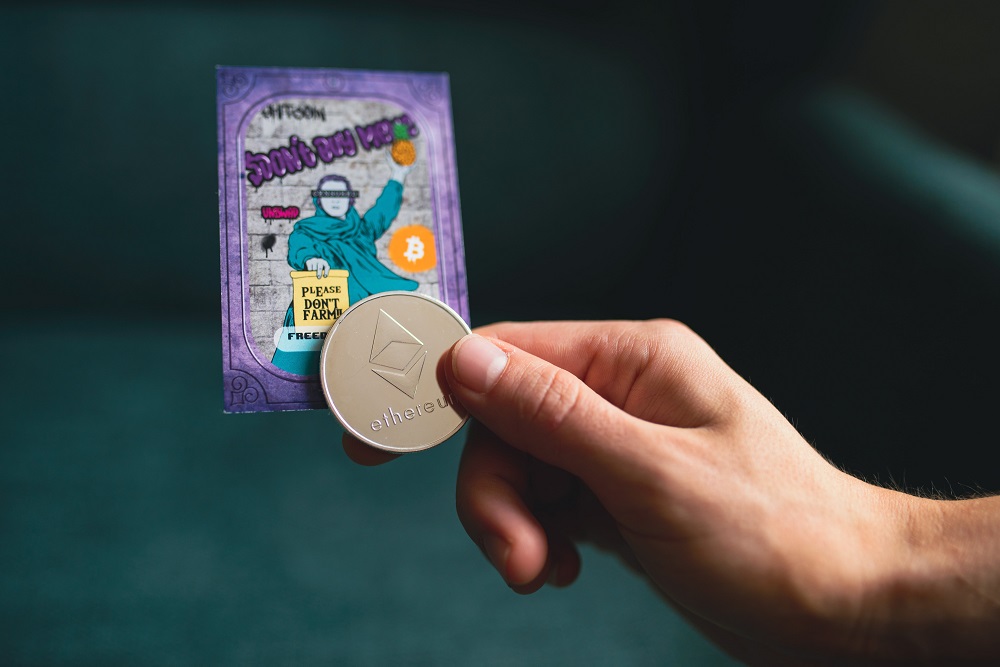
The Reach of Tokenization Across Industries
Tokenization holds immense potential and can benefit businesses across various fields.
- Real estate: An enormous and expensive market, real estate is making it challenging for novice investors to partake in significant projects. With tokenization, many investors can own part of a property, making the sector more accessible to a larger audience. In addition, tokenization also assists firms in streamlining their automatic income distribution, dealing with property-related disputes like inheritance, and facilitating liquidity for operations.
- Asset management: When assets are tokenized, they can be fragmented into smaller pieces, offering potential investors the chance to acquire a fraction of a single share. By dividing securities, commodities, or other assets, investors can benefit from greater affordability and flexibility, as well as manage their portfolios efficiently.
- Contracts: Tokenization helps in the efficient management of contracts and agreements. In this system, digital tokens are used to define contractual obligations, thereby facilitating more efficient agreement management for contract execution. It also aids in verifying real-time obligations and existing agreements.
Read more: The World of Virtual Reality: How Virtual Entertainment is Integrating Cutting-Edge Technology?
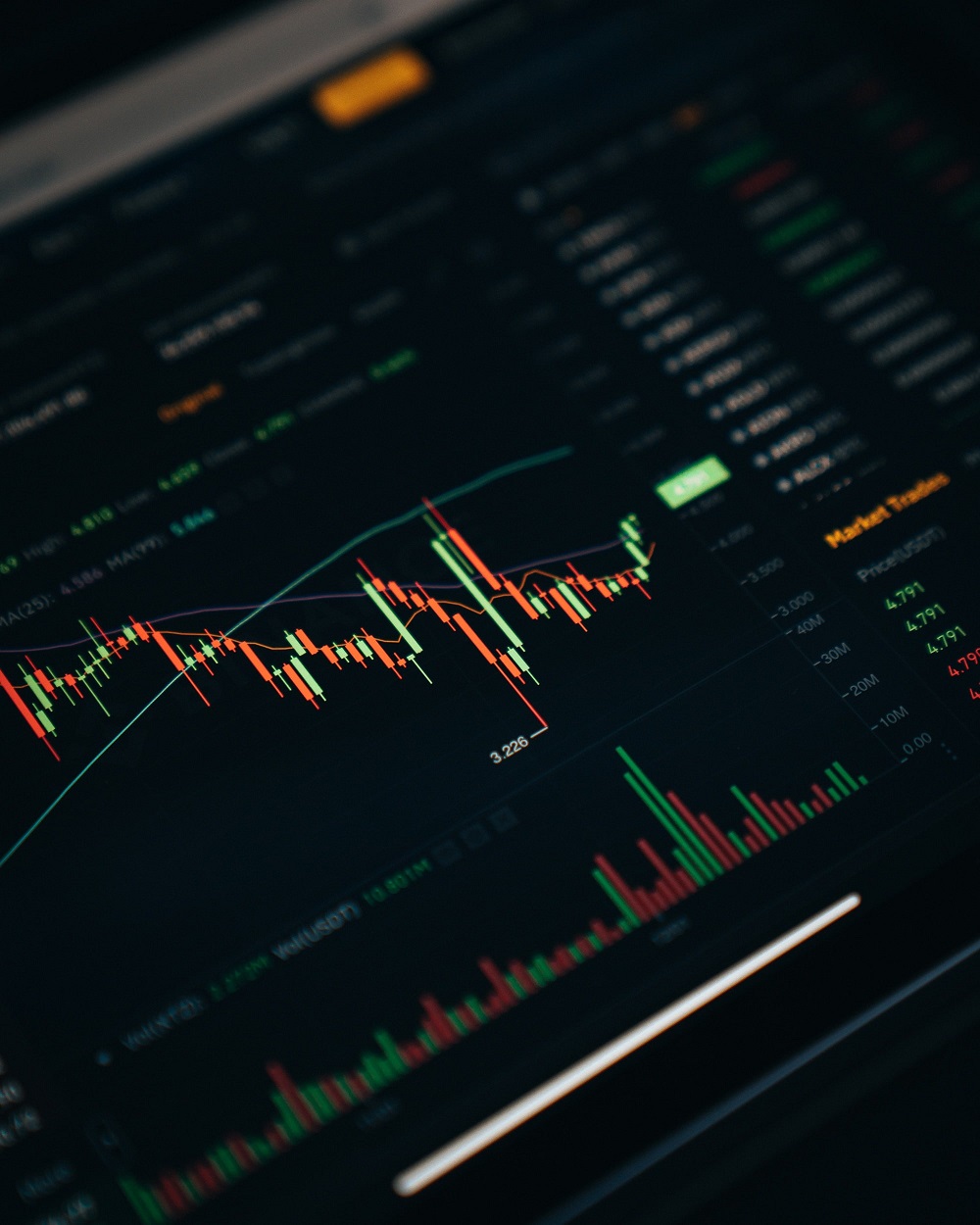
Key Benefits of Tokenization
- Accessibility: Tokenization authorizes fractionalization. It enables investors to purchase tokens that represent small shares of the underlying assets. This can help democratize direct investment in more costly assets such as commercial real estate. It also helps boost access to underserved segments in emerging markets, further supporting economic growth. This increased liquidity due to tokenization can be further compared with the benefits of securitization at scale.
- Efficiency: Technology and smart contracts allow users faster and lower-cost asset transfers by automating specific parts of the process. Tokenization assists in diminishing transaction time and offers 24×7 trading and triggering smart contracts. When all the essential data is stored in a smart contract, tokenizing assets conduct transactions without hated red tape. This further aids in accelerating transactions while being uncensored. They also assist in clearing and settlement, reducing the need for intermediaries.
- Transparency: The unchangeable nature of the underlying technology helps in controlling the tampering of assets. It allows new acquirers to understand the entities they are dealing with and the rights and obligations attached to the token.
- Privacy: Personal data is owned and controlled by each individual or entity through a decentralized identity. When blockchain technology generates a token, it creates a unique address for data protection. Tokenization allows authorized users to access the system for unique tokens. It enables the users to revoke or update their access if necessary, presenting them with complete control over data. By integrating tokenization, they can provide the information required to be verified and use cases.
Key Highlights
- Creating a digital representation of an array of assets is enabling businesses to tap into a new scale of market efficiencies while democratizing their access to previously unavailable investment classes.
- While the crypto downturn and failure of FTX have impacted general perceptions and policy formation, investors and businesses are identifying the longer-term potential of tokenization.
- A significant part of the potential tokenized universe, cryptocurrencies are also fostering a great revolution.
- Today’s pace of transformation is being varied by the need for material investments along with the evolution in laws and regulations.
- With business models of numerous intermediaries set to evolve, new types of service providers are also set to emerge in the tokenization landscape.
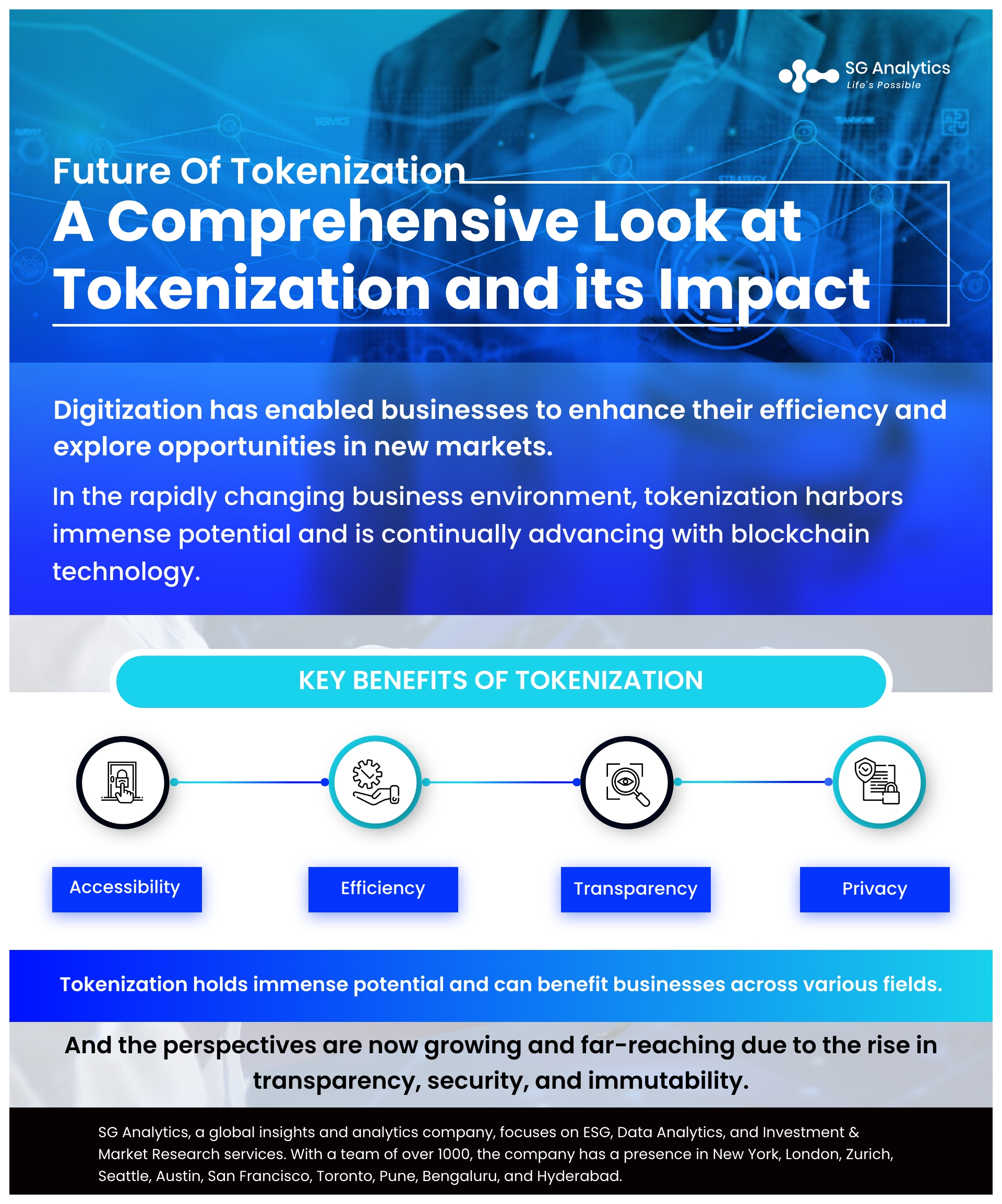
Wrapping Up
Tokenization refers to the process of issuing digital tokens that symbolize a tradable asset. These digital tokens can be owned, used, or transferred through a blockchain, thus eliminating the need for third-party intermediaries. Higher profile tokens include Bitcoin and ether. Today, tokenization is reaching a broad range of real-world assets. And in principle, anything featuring economic value can be tokenized. This involves tangible assets like property or physical artworks, as well as intangible assets like intellectual property, digital art, or private equity alternative investments.
Powered by blockchain technology, tokenization has been evolving significantly. It is creating new opportunities across tech domains, and the perspectives of tokenization are now growing and far-reaching due to the rise in transparency, security, and immutability. While its applications are endless, with continued development and integration, businesses are presenting new emerging innovations such as artificial intelligence (AI) and the Internet of Things (IoT).
With a presence in New York, San Francisco, Austin, Seattle, Toronto, London, Zurich, Pune, Bengaluru, and Hyderabad, SG Analytics, a pioneer in Research and Analytics, offers tailor-made services to enterprises worldwide.
A leader in the Technology domain, SG Analytics partners with global technology enterprises across market research and scalable analytics. Contact us today if you are in search of combining market research, analytics, and technology capabilities to design compelling business outcomes driven by technology.


